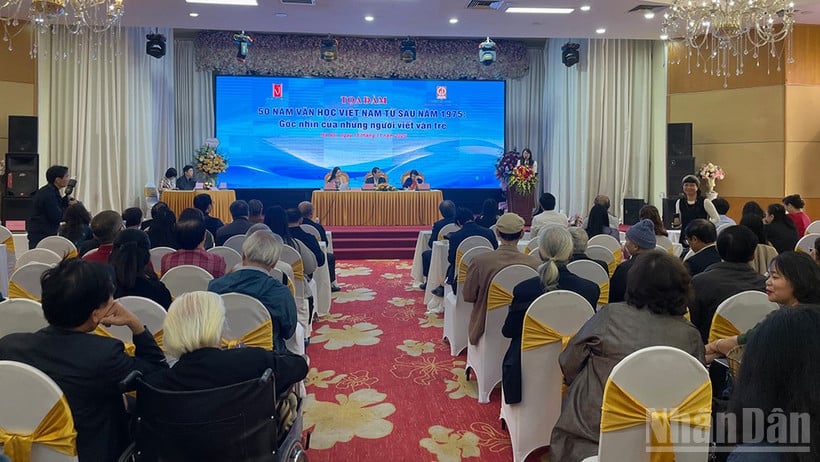
The seminar was organized by the Vietnam Writers Association , following a series of recent seminars to summarize 50 years of literature after the country's reunification in 1975 and create momentum for the development of Vietnamese literature in the next period.
In his opening speech at the seminar, Chairman of the Vietnam Writers Association, poet Nguyen Quang Thieu mentioned the strong transformation of Vietnamese literature in the past half century, especially the expansion of creative scope and author force. After 1975, the face of Vietnamese literature and art changed completely. Literature expanded in terms of force, geography, creative space, etc.
In addition to northern writers, there are also pre-1975 writers from southern provinces and cities, Vietnamese writers living abroad, overseas writers... This discussion is organized to listen to the voices of young people - those who will decide the fate of Vietnamese literature in the coming decades.
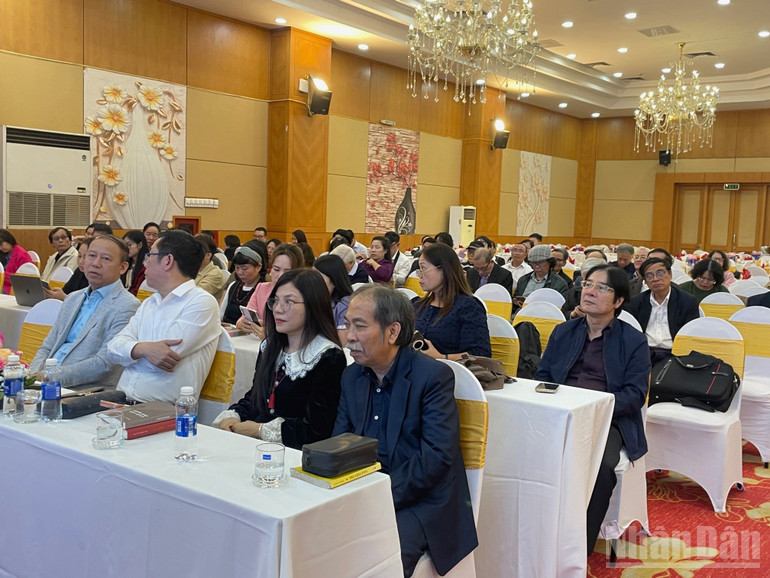
Chairman of the Writers' Association Nguyen Quang Thieu affirmed that the presence of young writers inside and outside the Association at the seminar is a clear manifestation of civic responsibility on the written page, when they use their pens to touch the hidden beauties of life, to face the new demands of modern society, and at the same time believe that young people will bring interesting, honest and courageous perspectives, contributing to the development of Vietnamese literature in the future...
In his opening remarks, poet Huu Viet, Head of the Young Writers Committee (Vietnam Writers Association), said that discussing the "prospects of Vietnamese literature" cannot be without young writers. This discussion is a forum for truly young people, many writers are not yet members of the Vietnam Writers Association, and they have not even thought about joining the Vietnam Writers Association like most writers before. They will give their views, assessments, and questions about the past 50 years of literature, about authors and works that appeared many years before they were born. They have the right to express their opinions, because whether they like it or not, they are the future of Vietnamese literature.
Poet Huu Viet emphasized: "In literature in particular, and in culture and art in general, there is a generation that is always new, appearing like waves, one layer after another, that is the young generation. Because the generations before them, no matter how brilliant they appear, will eventually grow old, worn out, and tired. What the young writers present today will help the Executive Committee have more assessments of the past 50 years of literature, and together with you, think, plan, and act on a literature in the coming years, accompanying the great strides of the Vietnamese people before a new stage, in a new era."
Sharing about the development of young literature after 1975, young critic Le Thi Ngoc Tram said that in recent years, the dominance of young writers is like young trees that have begun to absorb nutrients from the "ground", looking at life with "young green eyes" (Xuan Dieu), welcoming the sun and wind to spread their branches. Young writers have a relatively different literary background: not many memories of war, a generation that welcomes global cultural flows and new art trends. With their sensitivity, writers such as Hien Trang, Le Quang Trang, Cao Viet Quynh, Minh Anh... have appeared, creating a fresh and diverse literary picture.
However, critic Le Thi Ngoc Tram also mentioned that “the shadow of the previous generation easily causes overwhelm and inferiority complex in young writers”. In that literary ecosystem, young writers have overcome fear in many different ways. Some writers create for themselves a flashy cover, especially when supported by the media, when the covers are always more beautiful than the content inside the book. Then, like some music or film products that are market-oriented, following current trends, they only satisfy thirst for a short time like waves that rise and then disappear.
“More than anything, we want to read works that come from real experiences, from honesty in thought. We should not underestimate our own private experiences, that is often the path to reaching universal humanity. From the personal perspective of a young person who has fallen into crisis, I wish to read more literary works from our country about my gender, about the invisible institution that determines women's choices, the issue of choosing to be a single mother, the issue of asexual reproduction, what views on cosmetic surgery, what is behind the crazy rebellion, self-destruction of fragile individuals…” – Le Thi Ngoc Tram expressed.
Referring to Vietnamese literature over the past 50 years, writer Tran Van Thien said that there are many works that have resonated as soon as they were published, and live forever in the hearts of readers. The themes of war, post-war, human fate, and the Vietnamese countryside are exploited throughout. But according to him, it seems that there are still not many works that transcend the ideology of the times, open a new path that few people commit to, a new identity, new ideas, changing familiar perspectives.
Writer Tran Van Thien believes that when there are young writers who break out of the old, worn-out cocoon, choose a different way of writing, stronger, more determined, more unique, willing to choose thorny themes and images to put on the page, then we also need to change in the way we receive. The previous generation of writers need to change in the way they receive works that show the inquisitive nature of the next generation of writers.
Sharing this opinion, writer Nguyen Hoang Dieu Thuy also believes that in the past 50 years, the creative field has been closely attached to the historical framework, closely attached to personal painful experiences. She believes that we cannot keep digging up old wounds, land reform, war, subsidies, patriarchal society, poverty (there is a whole literary genre called "poor but compassionate" which is cheesy), exile... "I crave more creations that go beyond that framework, blend modern historical worlds and imagination, push the boundaries of thinking, become more crazy... Creations that are difficult to put into old frameworks" - Nguyen Hoang Dieu Thuy expressed.
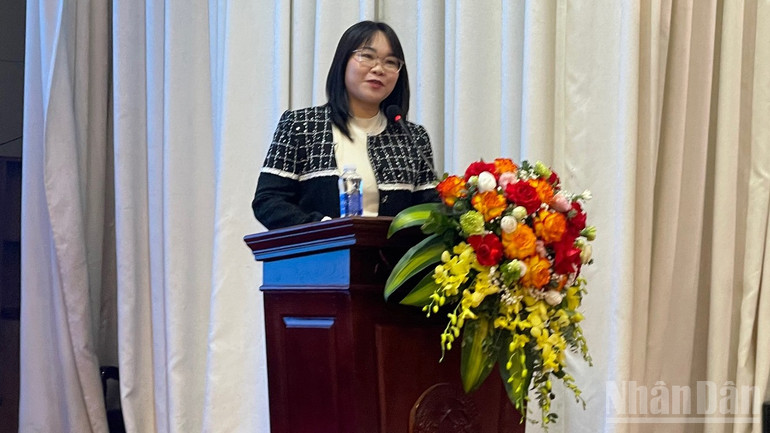
Young Tay poet Phung Thi Huong Ly also expressed her concern about how today's young generation is continuing the path of famous names in Vietnamese literature, and whether they have enough strength to renew the spirit of the country's literature after half a century of development.
Young writer Le Quang Trang expressed his thoughts on incorporating national cultural identity into his works to reach modern readers. According to him, national identity is the core that creates the long-lasting vitality of literature. Without identity, all creations will slip away. But preserving identity does not mean stubbornly clinging to the old, but knowing how to breathe the Vietnamese spirit into the breath of modernity.
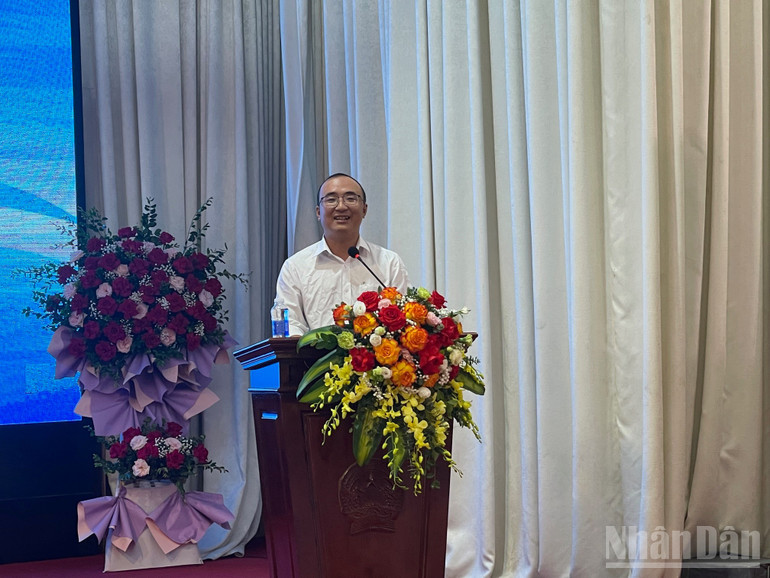
According to writer Le Quang Trang, renewing tradition and turning cultural heritage into a new source of creative energy is what Vietnamese literature needs to learn.
“We have an endless treasure trove of topics, characters, history, culture! The problem is not 'what else to write', but how to write in an attractive way, to touch, to bring the Vietnamese soul to the world. Young writers today learn new theories, read a lot, know a lot - but sometimes forget their own voice, forget the Vietnamese soul in each word. I think we have to return to culture, to Vietnamese identity, not to 'preserve' in a nostalgic way, but to recreate, renew, and retell in the way of our generation. That is the way for Vietnamese literature to not only be 'beautiful in the country', but also strong enough to step out into the world with the national soul itself" - writer Le Quang Trang emphasized.
Source: https://nhandan.vn/van-chuong-viet-nam-tu-sau-nam-1975-qua-goc-nhin-cua-cac-cay-viet-tre-post923417.html





![[Photo] Prime Minister Pham Minh Chinh meets with representatives of outstanding teachers](https://vphoto.vietnam.vn/thumb/1200x675/vietnam/resource/IMAGE/2025/11/15/1763215934276_dsc-0578-jpg.webp)

![[Photo] General Secretary To Lam receives Vice President of Luxshare-ICT Group (China)](https://vphoto.vietnam.vn/thumb/1200x675/vietnam/resource/IMAGE/2025/11/15/1763211137119_a1-bnd-7809-8939-jpg.webp)
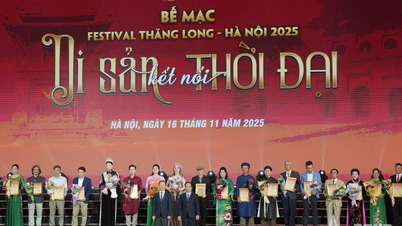



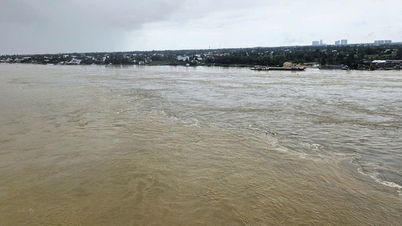

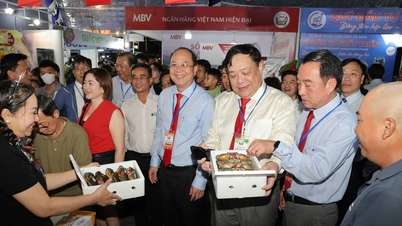


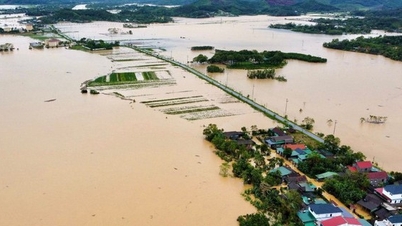





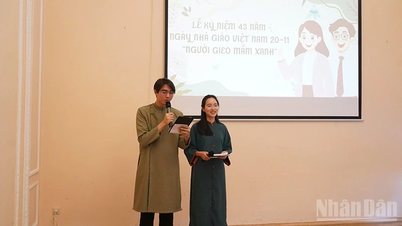
![[Video] Vietnam tourism breaks through in the golden season at the end of the year](https://vphoto.vietnam.vn/thumb/402x226/vietnam/resource/IMAGE/2025/11/16/1763307151750_du-lich-viet-nam-6654-jpg.webp)










































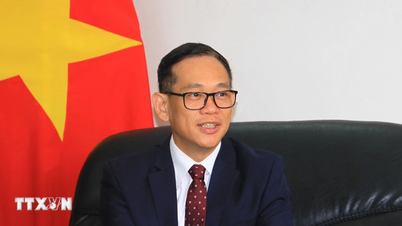



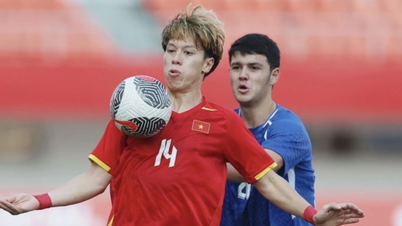







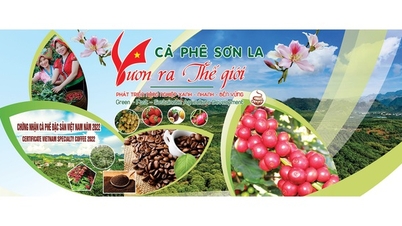
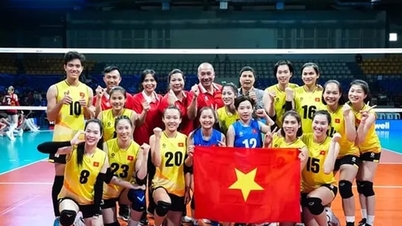






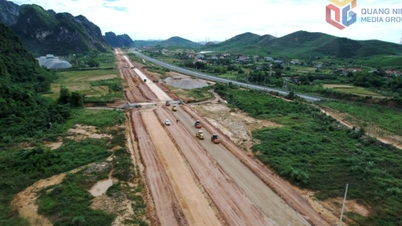

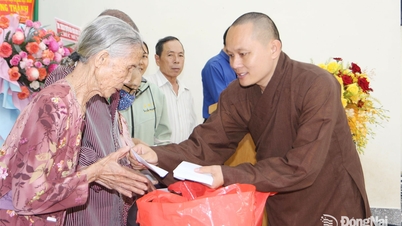













Comment (0)